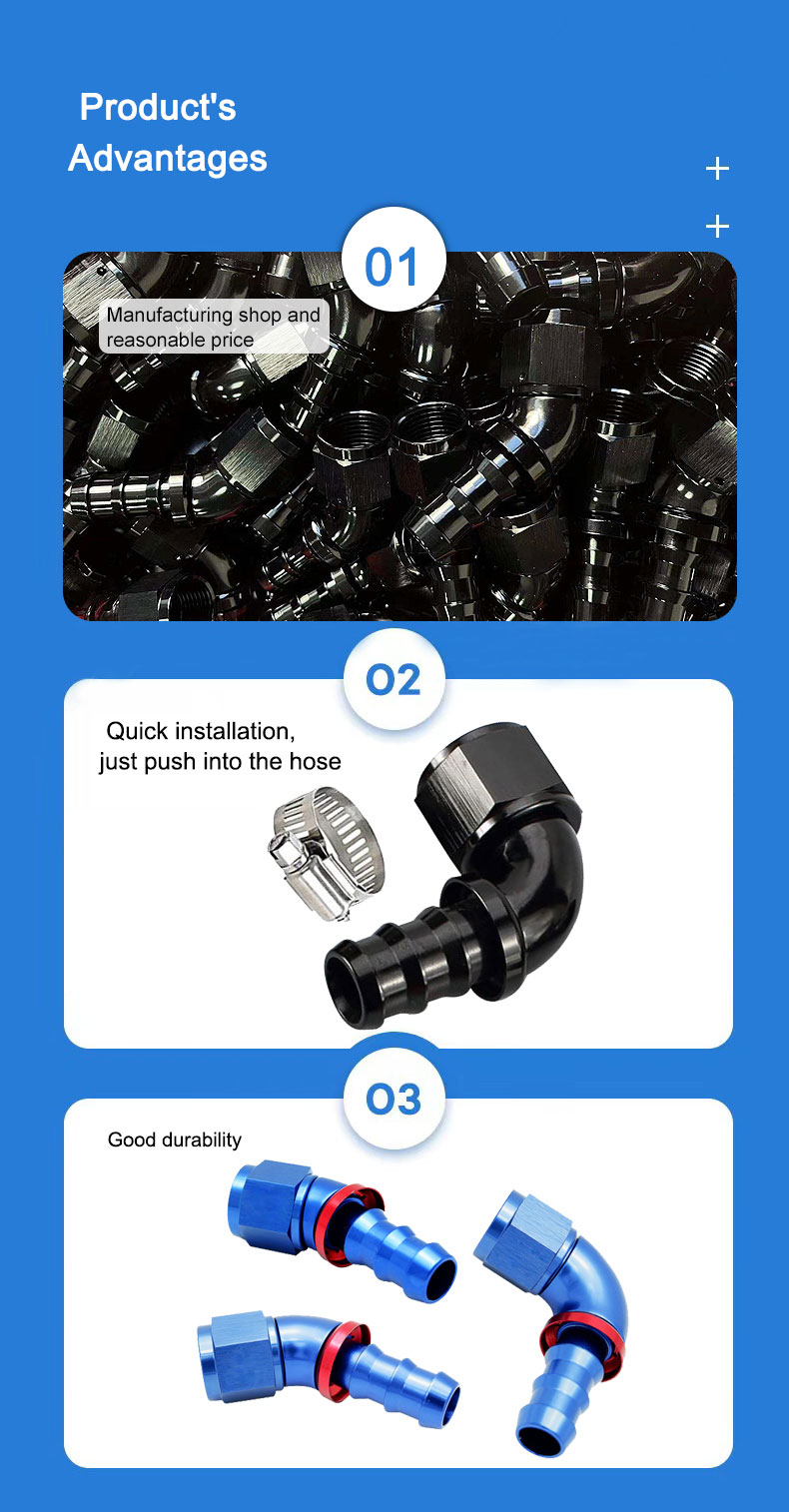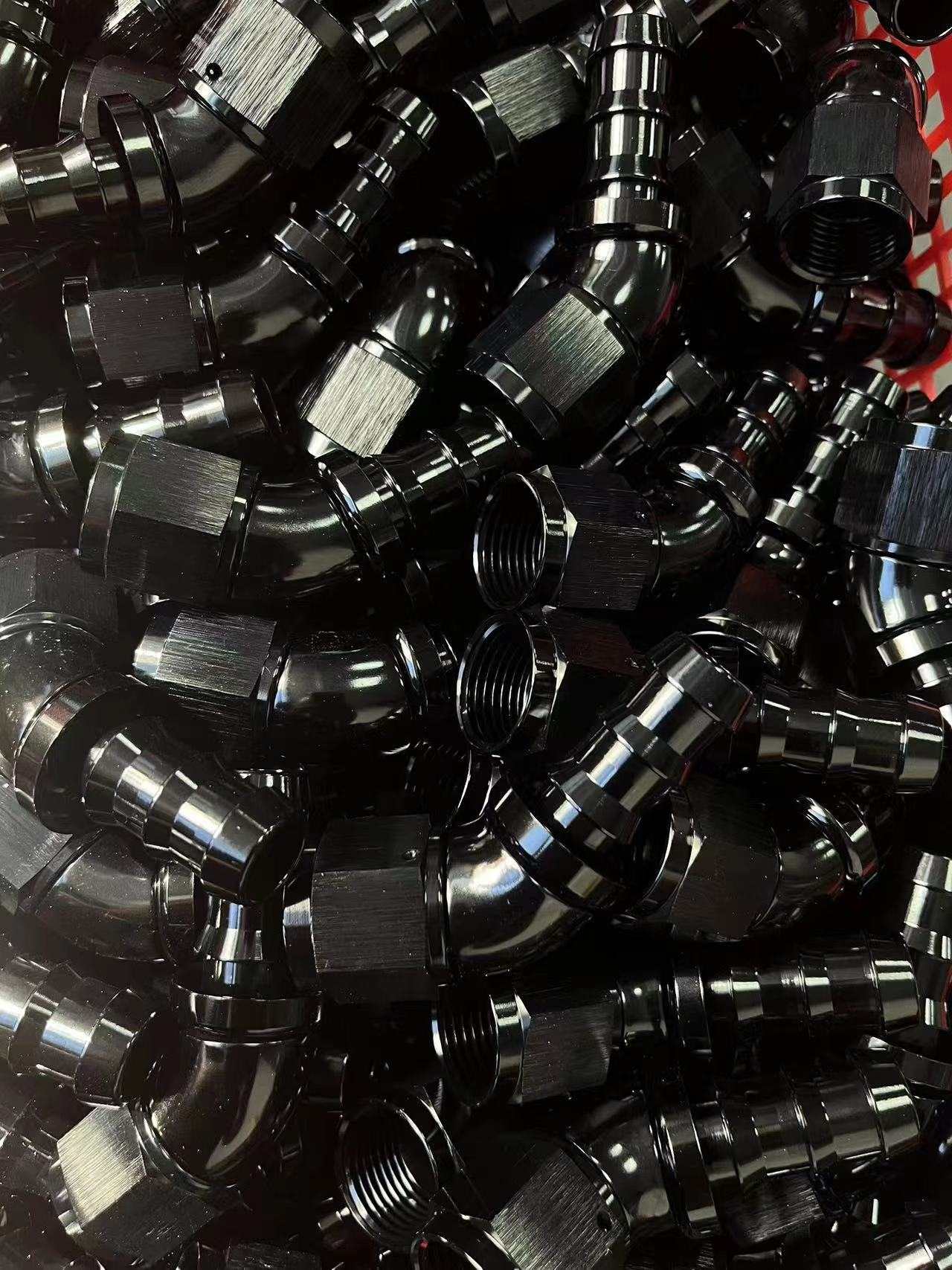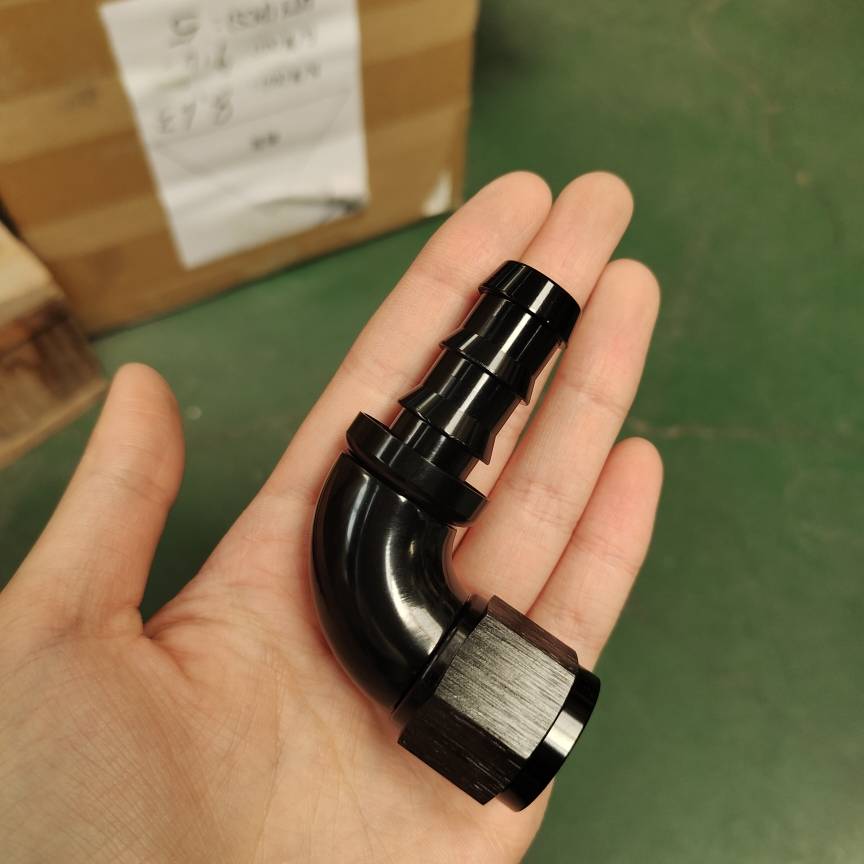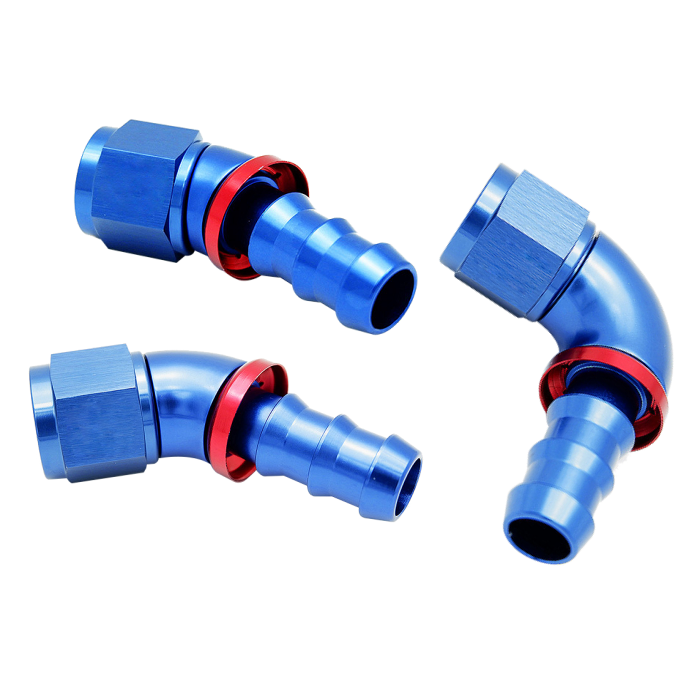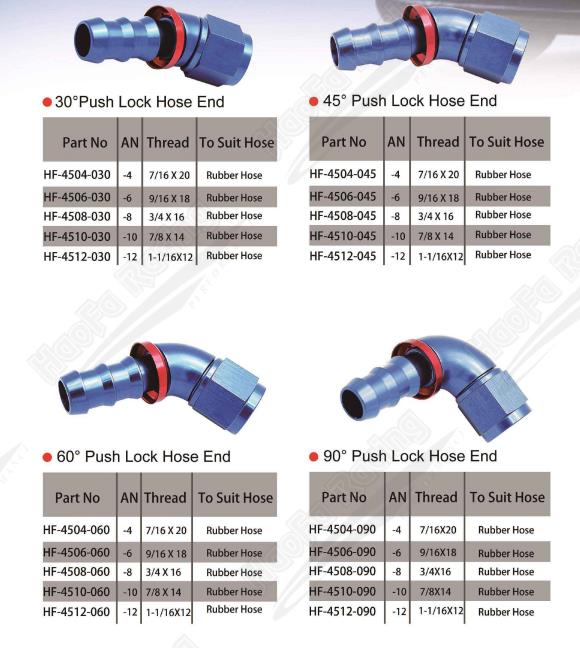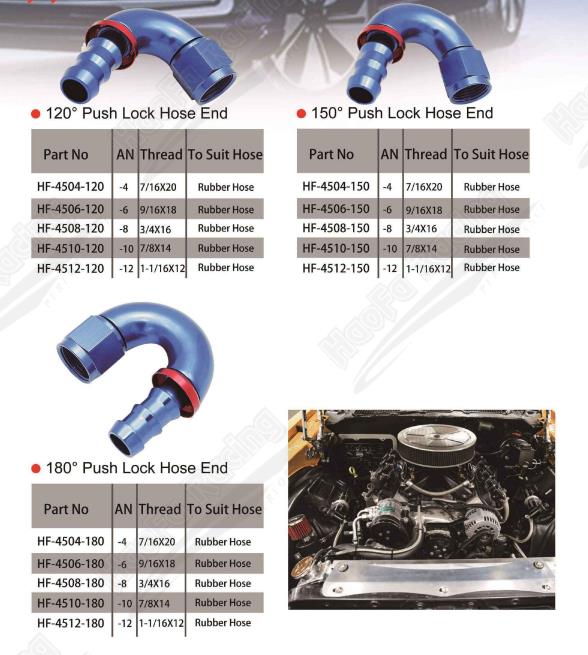Advantages and Properties of Aluminum
Physically, chemically and mechanically, aluminum is a metal similar to steel, brass, copper, zinc, lead or titanium. It can be melted, cast, formed and machined in a similar way to these metals and conducts electric currents. In fact, often the same equipment and fabrication methods are used as for steel. Light Weight
Its strength can be adapted to the application required by modifying the composition of its alloys. Aluminum-magnesium-manganese alloys are an optimum mix of formability with strength, while aluminum-magnesium-silicon alloys are ideal for automobile body sheets, which show good age-hardening when subjected to the bake-on painting process. Corrosion Resistance
Aluminum naturally generates a protective thin oxide coating which keeps the metal from making further contact with the environment. It is particularly useful for applications where it is exposed to corroding agents, as in kitchen cabinets and in vehicles. In general, aluminum alloys are less corrosion-resistant than pure aluminum, except for marine magnesium-aluminum alloys. Different types of surface treatment such as anodising, painting or lacquering can further improve this property. Electrical and Thermal Conductivity
Looking for equipment to analyze your metals?
Let us source quotes for you for X-Ray Fluorescence Analyzers, Optical Emission Spectrometers, Atomic Absorption Spectrometers or any other analysis instrument you are looking for.

